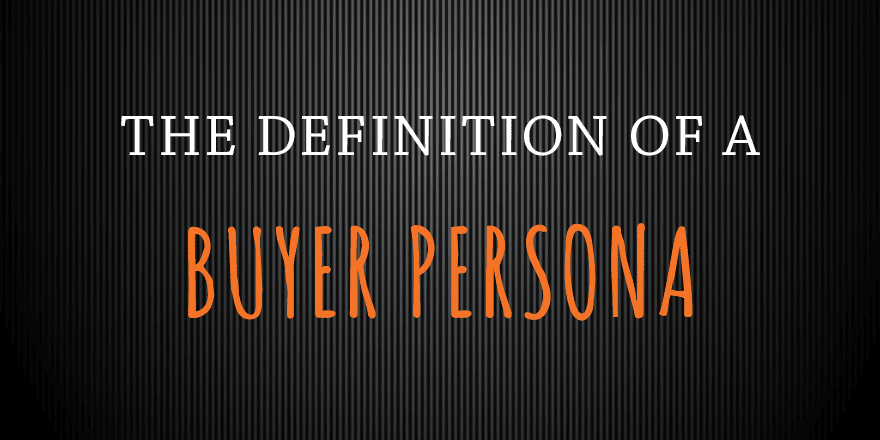Where Do Blogs Fit Into The Buyer’s Journey?
Before delving into where blogs fit into the buyer’s journey, we will start by digging a little deeper into the stages of the buyer’s journey.
Every person goes through the buyer’s journey whenever they make a purchase. Each buyer’s journey is very different. It depends on the following:
- the person’s buying habits
- the business they’re buying from
- the type of product or service they’re buying
The Stages of the Buyer’s Journey
Awareness
At this stage, the buyer is a stranger to your company. They will be doing research to help them understand the nature of their problem and what they can do about it.
Consideration
The buyer needs a solution to their problem, considering viable options. If the buyer shows interest in what your company offers, they will become a lead.
Decision
At this stage, the buyer decides which option and business to buy from. If the buyer chooses your business, they will become a customer.
Delight
Once a customer has purchased from your company, this stage involves giving them a second-to-none experience. Happy customers are invaluable to your business and will freely recommend your products or services.
So, Where Do Blogs Fit into the Buyer’s Journey?
It would help to tailor blogs to prospects in the awareness stage of the buyer’s journey. As mentioned above, these prospects are only becoming aware of their problem and will likely do more comprehensive research.
It is where your blogs fit in. They need to be educational and informative, answering your prospects’ questions.
Before diving headfirst into blogging, you should create your buyer personas. Use these to determine your prospects’ common problems and create several blog themes.
As an example, if you were part of an events company, here are a few blog title ideas that would perfectly sit in the awareness stage:
- How to Seamlessly Plan a Party
- 7 Mistakes Couples Make When Planning Their Wedding
- The Dos and Don’ts of Choosing an Event Planner
You should note that these blog titles do not promote your products or services to readers. Instead, they are engaging topics that will answer your prospects’ more comprehensive questions.
Your blogs mustn’t be sales-heavy. Instead, write educational and informative blogs to make your prospects aware of your business and build their trust in you as a thought leader.
How to Utilise Blogs for the Awareness Stage
It can seem impossible to get your high-quality content to reach people who are not even aware of your business.
Here are a few things you can do to help your prospects find your blogs:
Optimise your blogs for search engines
What’s the first thing you do when you have a question to which you need an answer? Hop straight into Google, we’d guess. It is what your prospects will be doing, too.
Develop an ongoing list of keywords your prospects are searching for and use these as a basis for your blogs. Use on- and off-page SEO to get the best rankings on search engines.
Use your social media platforms to increase awareness of your business
More and more users are following their favourite brands on social media. Capitalise on this by sharing your blog posts across your platforms. Creating paid ads for your best-performing content will increase brand awareness and web traffic.
Make sure you tweak your message to suit each platform.
Build up a wealth of educational content for your website
Create and share blog posts regularly. Post as frequently as you can, but remember that any number of blogs is better than no blogs!
As you build up and share your collection of high-quality content, your website traffic should increase, and your search engine ranking will improve as you become a thought leader in your field.
On the surface, blogging seems like an easy venture. However, there are many aspects that you need to get right. Here’s a summary of the key points from this article.
- Blogs are aimed at the awareness stage of the buyer’s journey
- The content should be educational and informative, not sales-heavy
- Post new blogs regularly and use SEO and social media to promote them
Speak to one of us at Flowbird today to learn more about how blogs fit into the buyer’s journey and how they can complement your current marketing strategy.

Entrepreneur Tested - Tried and true productivity tips, tricks, and hacks
Successful business owners all share one thing in common: they don't accept the default future of continually working too many hours on the wrong things.



